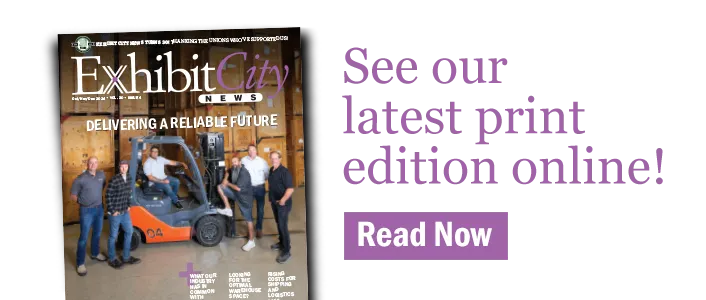The Professional Convention Management Association (PCMA) welcomed a record-breaking 683 attendees to the hybrid component of its annual meeting, Convening Leaders, in 2013. Some 70 percent of those who registered attended, surpassing the 40 percent average benchmark. In a one-day rebroadcast of select sessions from the meeting, the organization engaged an additional 160 unique attendees.
“Attendees across all industries are dealing with increased travel costs and increased responsibilities at work,” said Deborah Sexton, president and CEO, PCMA. “Our hybrid meeting gives us the opportunity to engage with members who are unable to attend and create connections with non-members who want to learn more about the PCMA.”
The Convening Leaders Hybrid 2013 event drew:
• 843 attendees (live and rebroadcast);
• 33 percent association meeting professionals;
• 15 percent independent meeting professionals;
• 9 percent corporate meeting professionals;
• 9 percent government, SMERF and PCA/AMC meeting professionals;
• the remaining 34 percent were either suppliers or chose not to provide their affiliation; and,
• 266 members and 577 non-members from 21 countries.
As the PCMA continues to expand its reach, the numbers from Convening Leaders Hybrid 2013 indicate the organization is reaching new meeting professionals around the world. Some 68 percent of 2013 hybrid attendees do not belong to PCMA yet. The live audience is clearly engaged, as 52 percent spent more than six hours actively participating in the 22 hours of hybrid broadcasting over the course of three days.
“We’re using our hybrid meeting as an extension of our brand and an introduction for meeting professionals who may not be as familiar with PCMA,” said Mary Reynolds Kane, director of online marketing, PCMA. “It’s a driver to discover more products and services that will help planners and suppliers in today’s meetings industry.”
Engagement took on an entirely new meaning at this year’s meeting, too. In 2013, PCMA expanded its online chat component, which allowed hybrid attendees to discuss session content in real time. During three days, more than 7,000 live chats were exchanged among hybrid attendees.
While many in the meeting industry have voiced concerns that hybrid technology poses a risk to the face-to-face model, PCMA continues to prove that adding a hybrid element to a meeting provides support for increasing face-to-face meeting registration. In a post-meeting survey, attendees indicated that they were 63 percent more likely to attend a future PCMA face-to-face event because of the hybrid experience.
The PCMA has already seen its past investment in hybrid technology pay off, too. In 2012, 112 Convening Leaders attendees, who had either never attended the meeting or had not been in six years, indicated that participation in a PCMA hybrid or virtual meeting influenced their decision to attend face-to-face.
As the PCMA endeavors to grow its corporate membership, the hybrid meeting has proved to be a key piece of the organization’s strategic blueprint. About 9 percent of the 2013 participants work in corporate meeting capacities. Additionally, the organization continues to strengthen its international roots, and the hybrid meeting welcomed attendees from 21 countries. The PCMA will continue to refine and perfect its hybrid meeting at Convening Leaders 2014, scheduled Jan. 12-15 in Boston.































